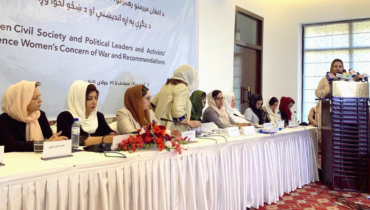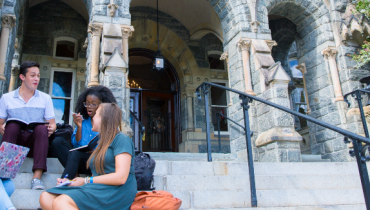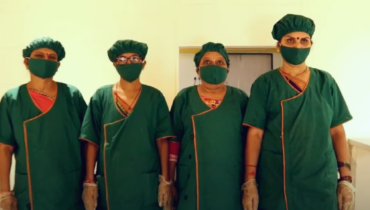The 2014-2015 election period in Nigeria is creating unrest and concern over increasing rates of election-related violence against women. 2014 was reportedly “the most violent year” for women in Nigeria, in large part due to Boko Haram’s targeted kidnapping of and attacks against women and girls. They are also known to have coerced women and girls into serving as suicide bombers in Kano State. Against this backdrop of growing insurgent violence with catastrophic consequences on civilians – particularly in the northeast region – presidential elections are impending.
One week prior to the previously scheduled February 14 presidential elections, the Nigerian election commission announced that elections would be postponed due to heightened insecurity. Although President Goodluck Jonathan denies postponing the election date for his own political benefit, the US government and others have expressed concern over the delayed elections, fearing that this is merely a tactic by Jonathan’s administration to weaken the opposition. His party has been in power since 2009 but recent polls indicate a political deadlock with contender Muhammadu Buhari.
Among many concerns related to postponing the elections, there is a fear that the delay will result in increased election-related violence. Tension in the country is very high and there is major distrust that the electoral process will be free and fair. Both the ruling People’s Democratic Party (PDP) and the opposing All Progressives Congress (APC) have signed on to the “Abuja Accord,” which calls for peaceful elections and effective management of the outcome in hopes of curbing election-related violence but reality shows a troubling, violent trend. Leading up to the country’s 2011 elections, violent attacks led to some 1,000 reported fatalities. Incidents of election-related violence for the 2015 elections have already surpassed the 2011 numbers, and are likely to worsen as a result of the postponement. Further exacerbating this year’s election-related violence are falling oil prices, which could lead to economic and political insecurity.
Of critical concern during this period of postponement is violence against women in politics, which takes many forms — including psychological threats, sexual harassment and abuse, physical harm – and hampers or prevents their ability to exercise political voice through voting, activism, public dialogue, campaigning and running for or holding office. This type of targeted, gender-based, political violence is a global scourge which marginalizes women in political and public life, reinforces entrenched patriarchal values, and undermines the integration and representation of women’s experiences and perspectives in processes and institutions of governance.
Given the prevalence of violence in Nigerian politics, along with a climate of sociocultural and religious conservatism, women are often dissuaded from entering the political sphere. Nigeria ranks 133rd in the world in women’s political participation: only nine out of 109 Senate seats are occupied by women, and 24 out of 352 seats in the House of Representatives are held by women. In the 2015 elections, female political candidates have been subject to hate speech and threats. Women are frequent targets in and victims of election-related violence.
Election-related violence against women has been on the Nigerian government’s radar. The Independent National Electoral Commission (INEC) has expressed its commitment to protecting women throughout the electoral process. INEC’s Chairman, Professor Attahiru Jega stated: “In INEC we believe very strongly that whatever we do, we have to factor the protection and the defence of women.” However, the issue extends beyond one merely of protection. At stake is the participation and leadership of Nigerian women in the political future of their country, without which democracy is but a false hope.
Nigerian civil society organizations, in coordination with the United Nations Development Programme (UNDP) recently conducted capacity-building trainings on election observation, attempting to introduce gender-sensitive approaches into the public’s political consciousness. The reach and impact of these, however, are not entirely clear. Nigeria would also benefit from better training on gender-based violence for its security forces. As the new election date of March 28 approaches, the situation will need to be closely monitored to ensure women’s safety and prevent an increase in further violence.


